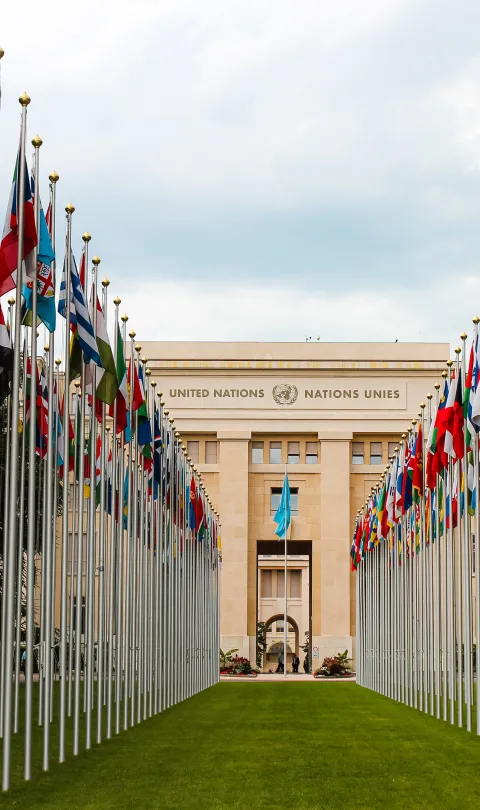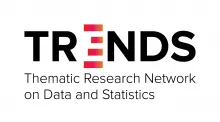When the Sustainable Development Goals were signed 5 years ago today, both the activists and campaigners who had fought for them and the governments who committed to achieving them knew they were ambitious. However, it’s unlikely any of them predicted that we would be marking this occasion in the midst of a global pandemic - one that has not only killed close to a million people worldwide, but disrupted the schooling of over a billion pupils, and caused untold economic damage and personal suffering.
Against this backdrop, goals such as “end poverty in all its forms, everywhere” or “achieve gender equality and empower all women and girls” seem further away than ever. How can we make sure that the next decade is one of delivery and progress?
Data shining a light
One thing we have seen significant progress on in the past five years is the availability of data. Without accurate, timely information on issues such as air pollution, displacement, health, and so on, we would have no idea whether we were getting closer to achieving these goals, and no idea where we needed to concentrate our efforts over the next 10 years.
Data can uncover patterns of inequality; for instance, that only 17% of world leaders are women, or how unequally wealth is distributed around the world. It highlights the scale of human development challenges - that 715 million live in extreme poverty, and nearly a billion people worldwide do not have enough to eat. And it shows us what is happening to the world around us - the quality of the air we breathe, the pollution in our lakes and rivers, or the carbon being emitted into the atmosphere.
Of course, data on its own does not change the world; but it is a hugely powerful tool for those who seek to overcome these challenges. Today we are celebrating the idea of ‘Factivism’; using accurate, timely data to bring about meaningful change in the lives of people all around the world.
Factivism in real life
Factivism can take many forms. In the Philippines, Plan International has been working to increase rates of birth registration. Having proof of identity, and age, is essential in the fight against child labour, child marriage and other forms of exploitation.
In cities across Africa, sensors.AFRICA have provided schools, local radio stations and other community hubs with low-cost air quality sensors. The Syokimau Residents Association in Kenya was able to use the information provided by these sensors to challenge a local manufacturing company, which has since installed technology to reduce the emissions from its plant in the area.
The Uwezo initiative in east Africa uses household data surveys to monitor children’s literacy and numeracy. This information is communicated to parents and the media, meaning that citizens are able to hold local and national governments to account for their education work.
And in Tanzania, the Tanzania Development Trust have made use of mobile phone mapping software to support their efforts to protect girls from female gential mutilation. Armed with accurate maps of the areas in which they work, they have been able to set up safe houses to protect women and girls in areas where the problem is particularly acute.
A generation of Factivists
The current pandemic has seen data become a bigger than ever part of people’s day to day lives, and has highlighted the importance of data that is not only accurate but available in real time. Whatever kind of ‘new normal’ the world returns to in the coming months and years, let’s make sure that our activism, and in turn the decisions of the institutions that shape our lives, is guided by timely, accurate data on the people, places and issues that matter most.
To play your part in the Factivism movement, you can:
- Visit the SDGs Today data hub - for real-time global and national data on a range of SDG indicators
- Find out more about the Day of Factivism here
Use our social media tools and graphics to share the data that matters to you with the world, using the hashtag #Factivism


